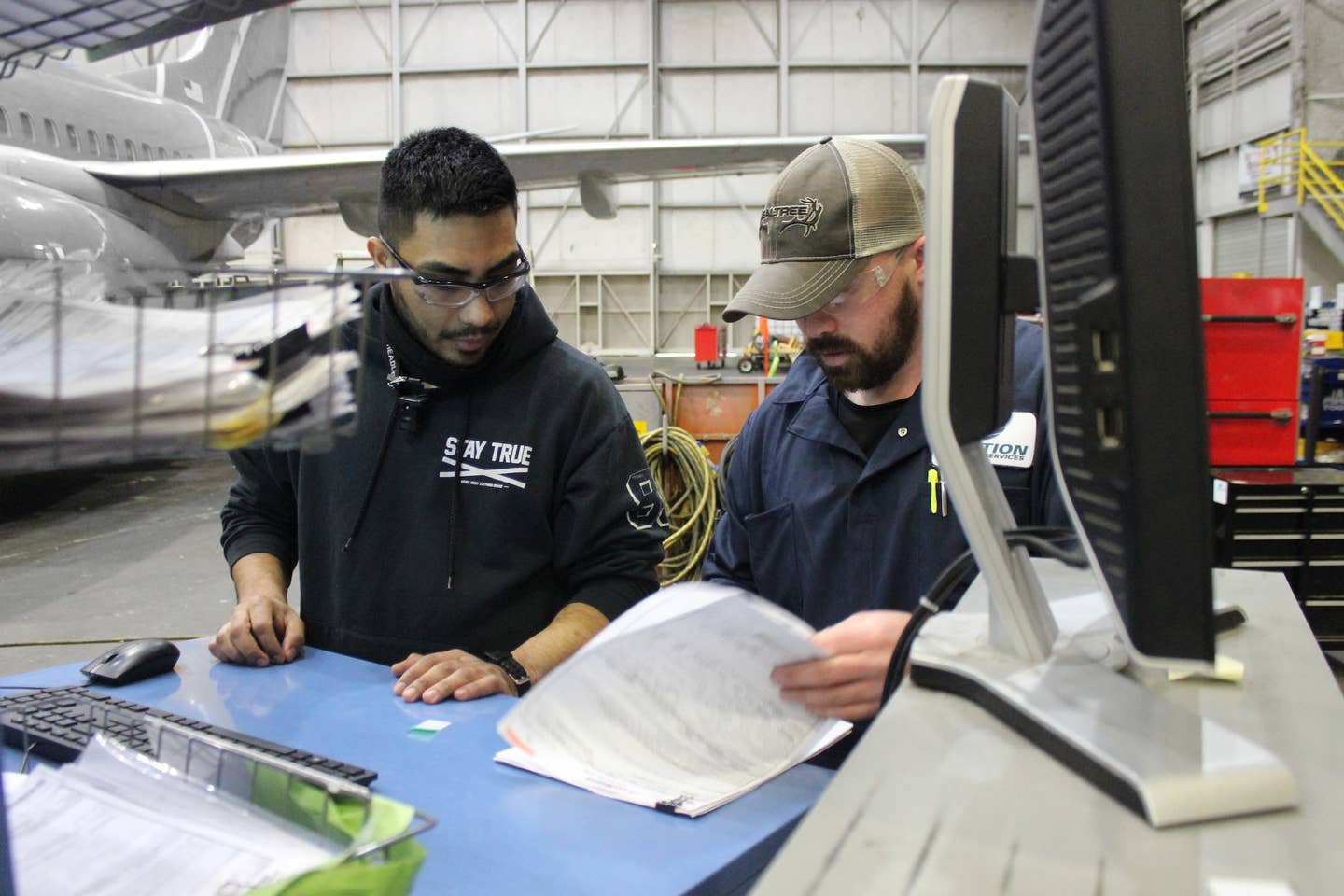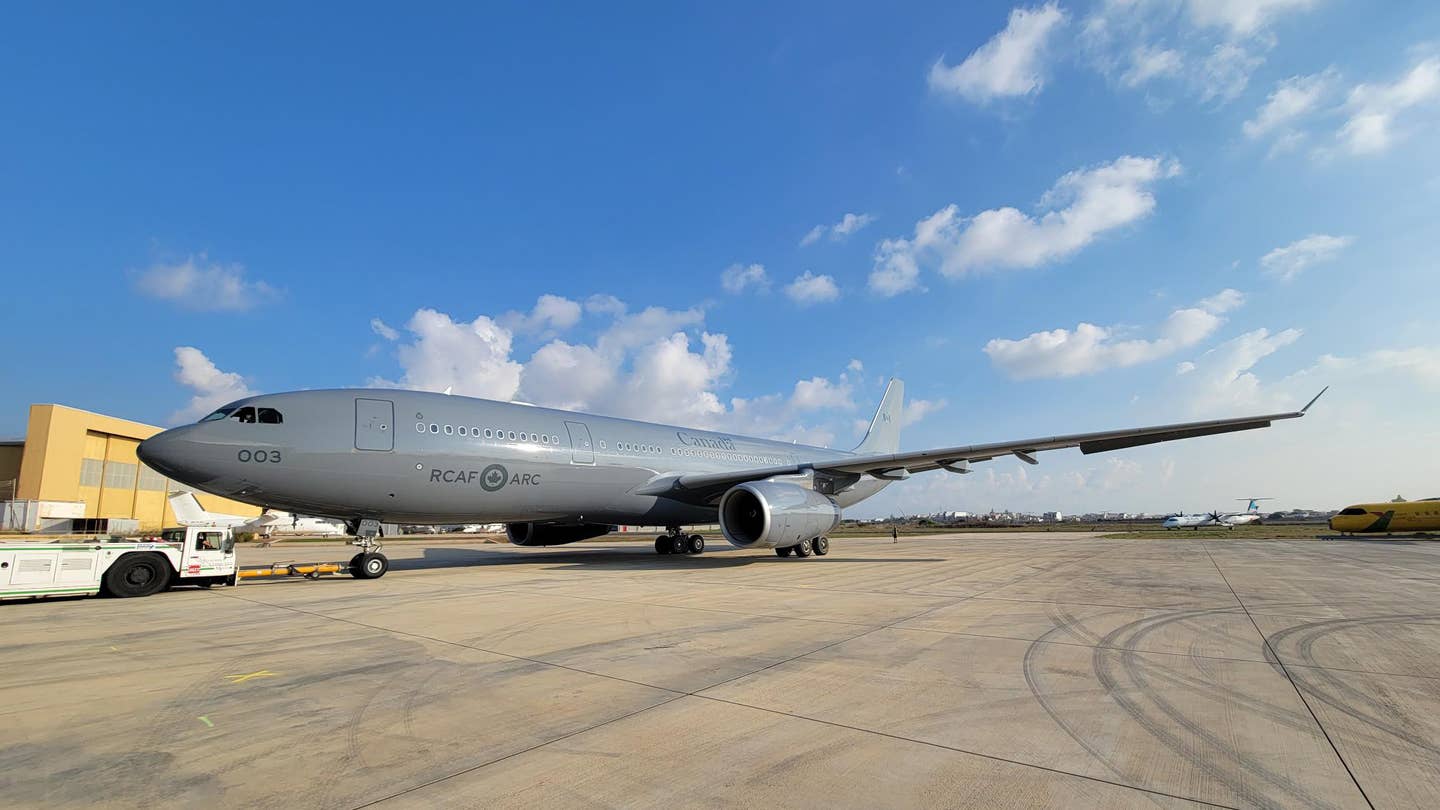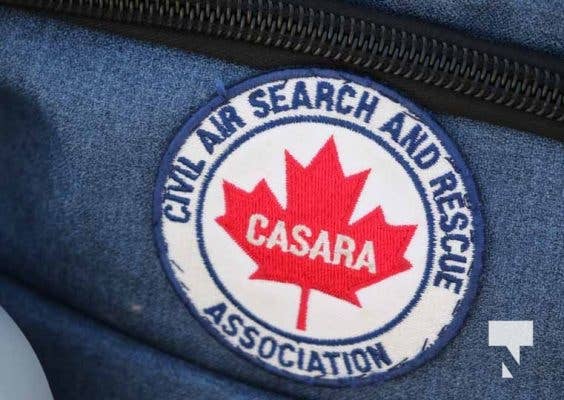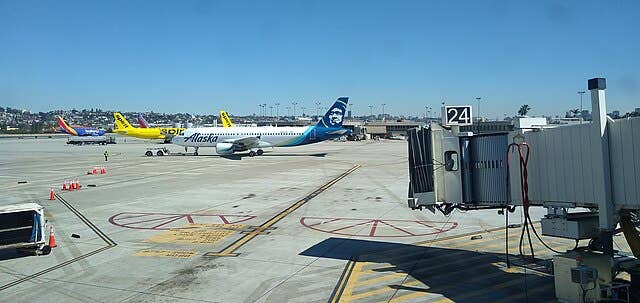Airlines Push Back On ‘Skiplagging’ Ticket-Buying Strategy
Airlines are pushing back on the clever, but questionable, ticket-buying strategy known as “skiplagging.” Here’s how it works. If all flights from the departure airport to their particular destination are…
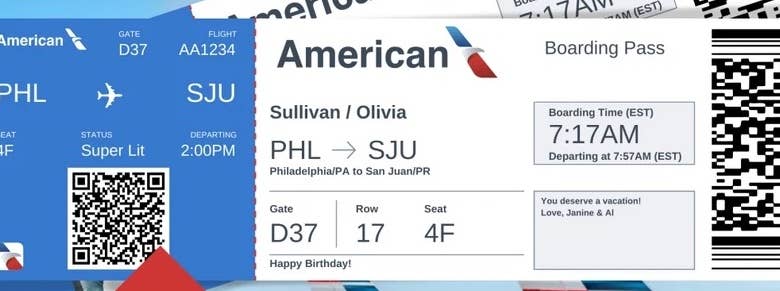
Airlines are pushing back on the clever, but questionable, ticket-buying strategy known as “skiplagging.” Here’s how it works. If all flights from the departure airport to their particular destination are sold out—or just have a high price tag—passengers have been purchasing tickets for multi-leg flights that pass through their desired destination. They then “skip” the final leg of the ticketed flight and the seat goes empty.
While not illegal, the practice can violate specific terms of the airlines’ ticket contracts. They could enforce the terms by penalizing the travelers by canceling frequent flyer miles, or even banning them permanently.
According to news reports, American and Southwest Airlines prohibit skiplagging, also known as “hidden city ticketing.” They define it as "purchasing a ticket without intending to fly all flights to gain lower fares." United Airlines and Delta Air Lines also put a bounty on skiplaggers.
American recently files a lawsuit against a web-based reservations company that specializes in providing tickets that use the practice, which can reportedly save travelers up to 50 percent on a ticket. While it might seem counterintuitive to charge more money to NOT fly the last leg of a multi-segment trip, the airlines’ ticket-pricing algorithms say otherwise.


